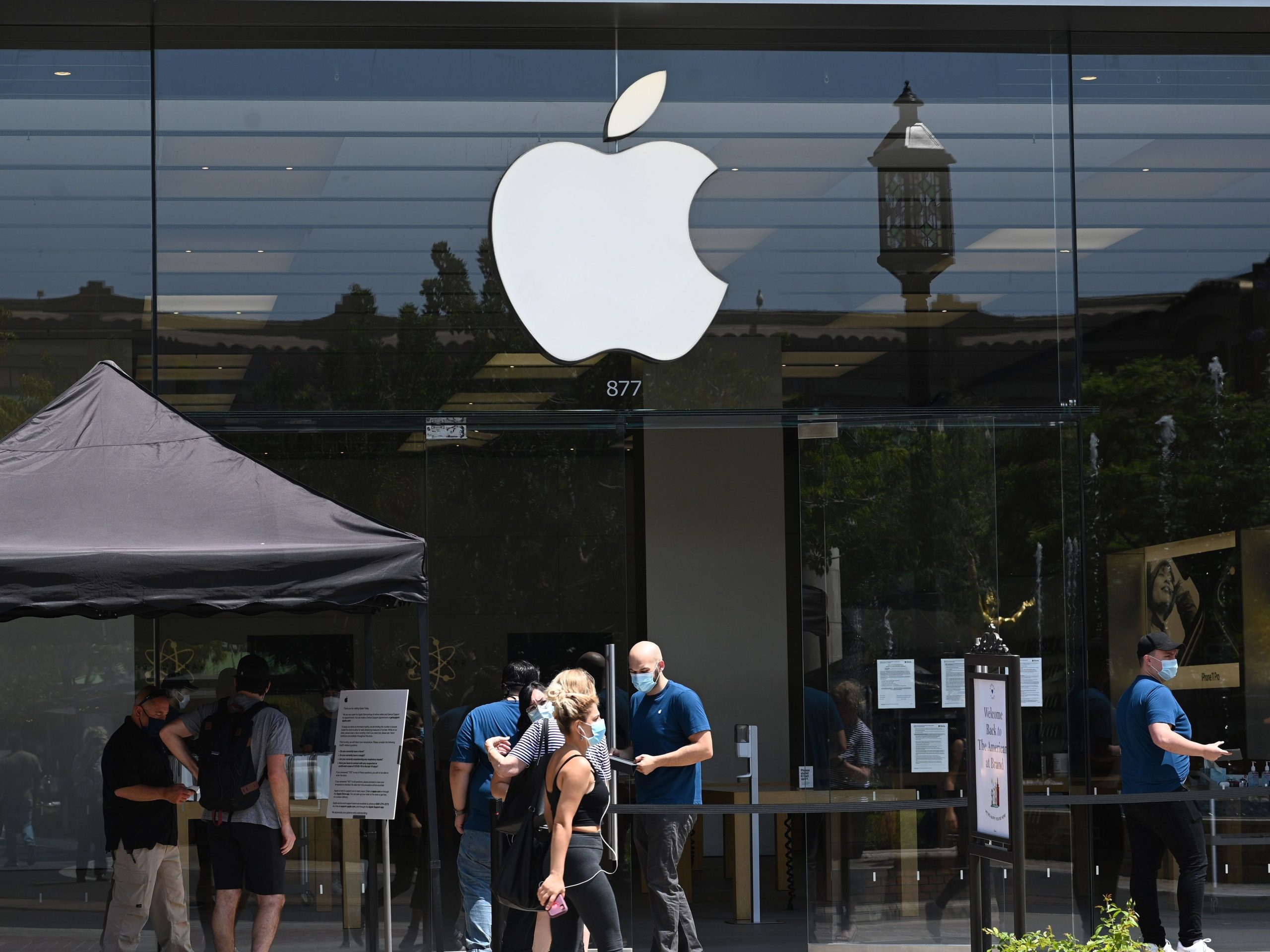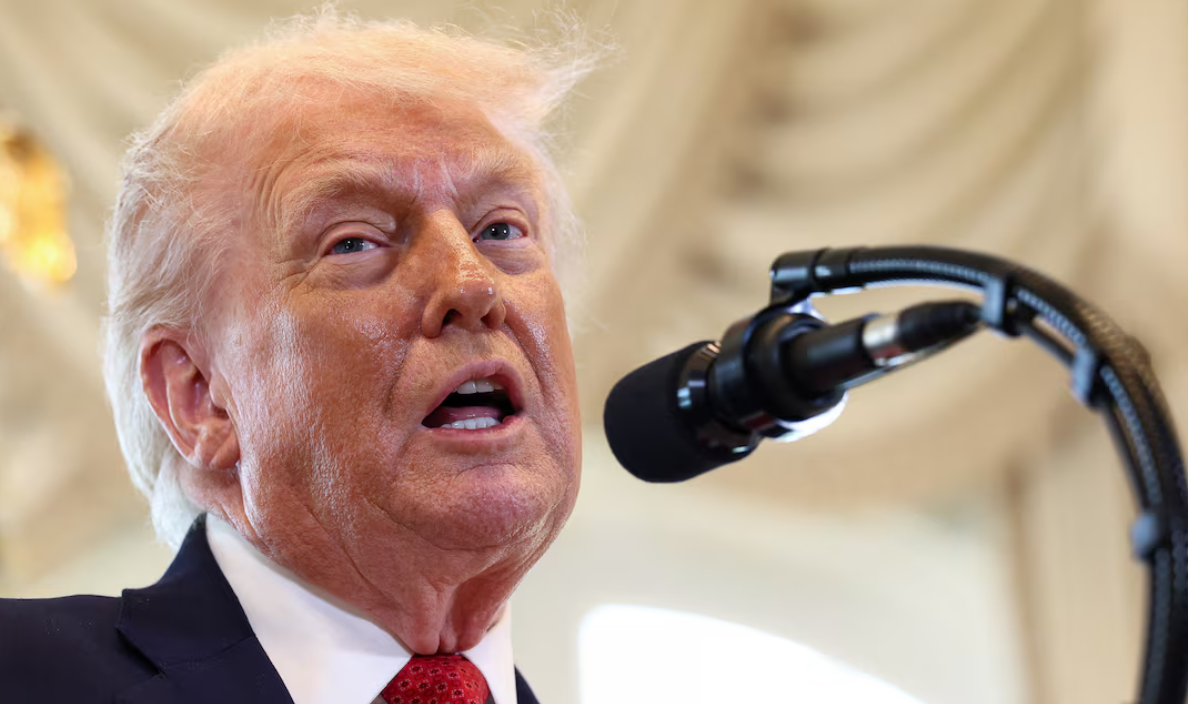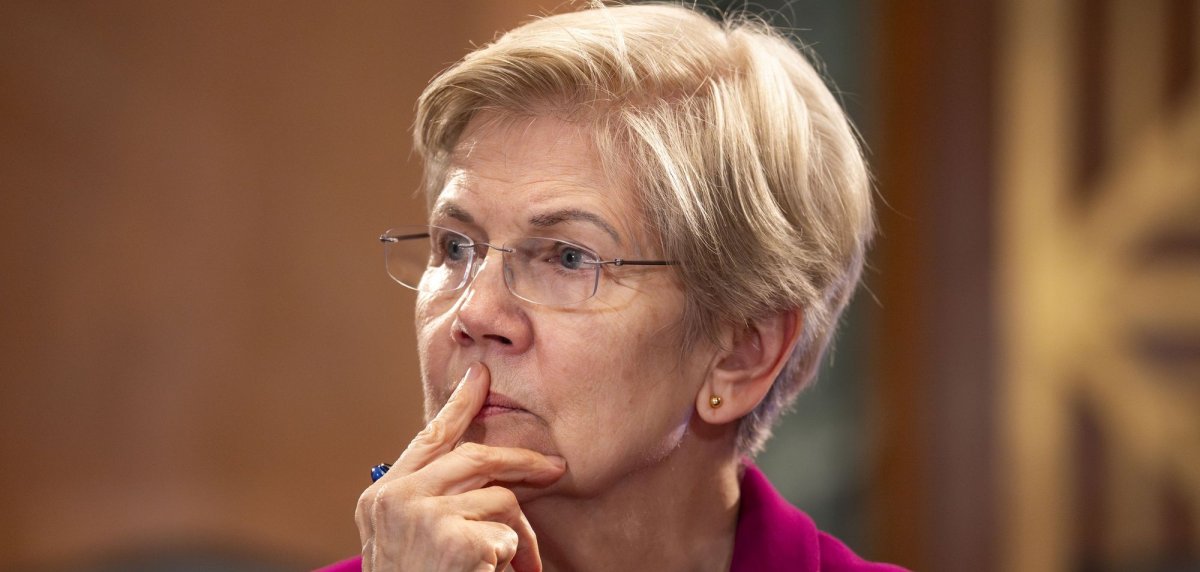Apple Inc. received at least $13 million, and probably much more, in tax forgiveness from the city of Chicago after settling a lawsuit that claimed the city’s “Netflix tax” on streaming entertainment violated federal law, newly released documents reveal.
Chicago and Apple agreed to settle the lawsuit in July 2022, but the city refused to disclose the amount of tax forgiveness to Apple until being ordered to do so last month by Cook County Circuit Court Judge David B. Atkins. His order came in response to a lawsuit filed by Bloomberg Industry Group, parent of Bloomberg Tax.
The documents, characterized as jeopardy assessment workpapers and drafted by the Chicago Department of Finance, estimate the city forgave $13 million in back taxes, interest, and penalties that should have been applied to popular services such as Apple Music, Apple TV+, Apple Arcade, and Apple Fitness over a seven-year period.
However, Apple’s true liability remains uncertain. Chicago was forced to estimate Apple’s unpaid amounts based largely on tax collections by two of Apple’s competitors, the audio streaming service Spotify and the video streaming service Disney+. Such comparisons are common in audits and litigation, particularly in circumstances—such as the Apple case—where the audit target wasn’t filing returns or paying the tax.
The documents also fail to account for two of the seven years in dispute, and don’t describe liabilities for some of the services Apple later conceded were taxable when the lawsuit was settled.
Details of Chicago’s decision to waive Apple’s tax liabilities come during a period of mounting fiscal pressure on the city and its agencies. Last fall, Mayor Brandon Johnson had to close a $538 million budget gap driven by rising personnel, pension, and contractual costs, and demands from an influx of 41,000 migrants. Johnson traveled to the Illinois State Capitol in Springfield last week to lobby for additional support, including $1 billion for Chicago Public Schools.
“It is hard to understand why the city settled a multimillion-dollar case that they were almost certain to win for zero dollars,” said Brian Hamer, a former chief tax counsel for Chicago, who also served as director of the Illinois Department of Revenue between 2003 and 2015. “On the surface, the settlement seems unfair both to Chicago taxpayers and competitors of Apple that complied with the law.”
Kristen Cabanban, a spokesperson for Chicago’s Law Department, declined to discuss the settlement. Apple didn’t respond to a request for comment.
Chicago may have had good reasons for settling the case cheap, but any understanding would require a better understanding of the true legal risks, said Joseph Ferguson, Chicago’s inspector general for 12 years. At the same time, Ferguson objected to the secretive tax settlement process with “one of the biggest corporations in the world” and the decision to hide details from the public.
“The City of Chicago, going back to forever, has conducted itself as if it was another private sector corporate actor rather than the lawyer for the shareholders of the corporation of Chicago—in other words the taxpayers and the residents of Chicago,” said Ferguson, now president of the Civic Federation, a fiscal policy watchdog. “If we had more transparency about these things, we wouldn’t be casting about for answers, but that’s the Chicago way.”
The assessment documents assume Apple Music subscribers should have paid the same volume of taxes as Spotify remitted between September 2015 and March 2020—$8.2 million. City auditors added another $303,000 to that total to reflect taxes that should have been collected from Apple TV+ subscribers based on a comparison of taxes remitted by Disney+. Both video platforms launched in November 2019.
The resulting $8.5 million in back taxes rises above $13 million after interest assessments, a negligence penalty and a late penalty are added. The analysis doesn’t estimate Apple’s liabilities for the period between March 2020 and September 2022, when the settlement became effective. Nor does it consider liabilities for Apple Fitness and Apple Arcade.
Chicago was the first—and still one of the only—municipalities in the country to successfully impose an amusement tax on digitally-delivered services when it issued Amusement Tax Ruling No. 5 in July 2015, imposing a 9% levy on digital video, music, and gaming services. The ruling stretched the city’s tax on in-person entertainment and recreational activities to streaming entertainment.
The tax drew quick criticism from consumers and technology trade groups, and three lawsuits followed. Just months after the tax was implemented, the libertarian Liberty Justice Center challenged the city on behalf of users of Neflix, Hulu, and Spotify in a case called Labell v. Chicago. The Entertainment Software Association, which represents the video game industry, filed a challenge in 2017, but later dropped the litigation.
Apple’s lawsuit followed in 2018, asserting Chicago’s tax violated the commerce and due process clauses of the U.S. Constitution, and the Internet Tax Freedom Act (ITFA), which bars states and localities from imposing discriminatory taxes on electronic commerce.
Chicago’s posture in the Apple case remains puzzling because it was poised to prevail at the time of the settlement, Hamer said.
The city won the Labell case at the trial court level. A unanimous Illinois Appellate Court panel affirmed in September 2019. In March 2020 the Illinois Supreme Court declined to review the appeals ruling. Despite the Labell precedent, Apple persisted with guidance from lawyers from the Chicago and Washington offices of McDermott, Will & Emery.
A circuit court judge dismissed Apple’s lawsuit without prejudice in March 2022. The court left the door open for Apple to file an amended complaint, but attorneys for Apple and the city quietly settled the case four months later. Settlement terms weren’t initially disclosed, but Bloomberg Tax learned through a freedom of information demand that the city agreed to forgo any payment of back taxes if Apple agreed to begin collecting the Netflix tax on Sept. 15, 2022.
Hamer conceded that settlement negotiations are always complicated in high-stakes tax litigation, but Chicago was in a position to either win in front of a judge or settle with a hard commitment from Apple to pay back taxes and penalties, he said.
The Apple settlement also was a lost opportunity for clarity around ITFA, the federal tax freedom law, said Andrew Appleby, a professor of tax law at Stetson University College of Law in Florida.
For many years, tax agencies and technology companies hungered for a body of case law defining ITFA’s reach and the limitations. On one side, state and local tax departments wanted clear guidelines supporting their efforts to tax the exploding number of digital products and services entering the economy. Meanwhile, tech companies longed for precedents affirming ITFA as a hard stop on tax agencies’ ambitions.
Through the Labell and Apple cases, Chicago’s Netflix tax was seen as an early test for both ITFA’s proponents and detractors alike, Appleby said.
“Many of us in the state and local tax community were looking forward to a decision on ITFA in the Chicago case, so we were disappointed when it got settled,” he said. “We were hoping to get a precedential ruling where we don’t have much precedent on the scope of ITFA generally.”




